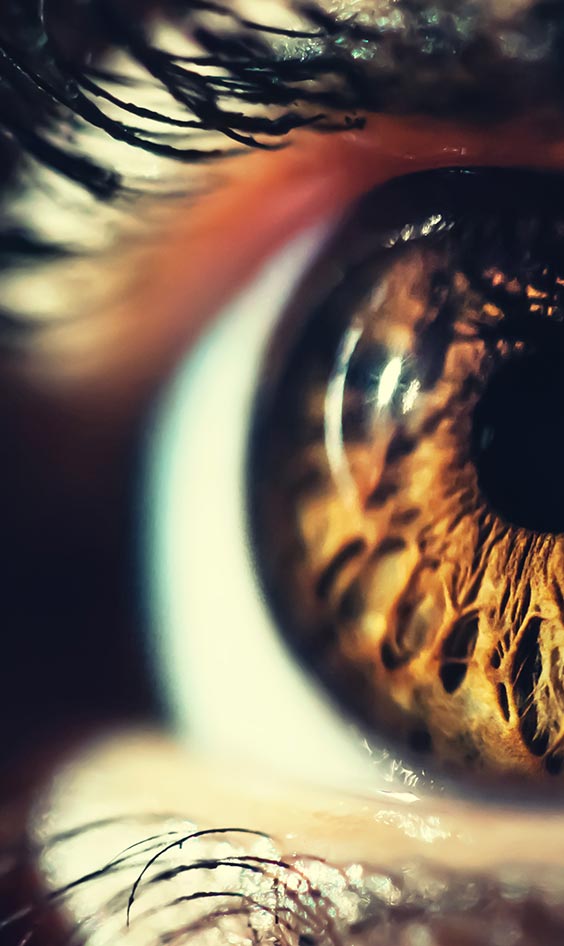Everyone is at least a little bit familiar with conjunctivitis. Whether it’s red eye, pinkeye, or something even more obscure, we’ve all heard of it by one name or another. But not every case of conjunctivitis is the same. There are actually three main strains of conjunctivitis, each with its own pathology and treatment.
Since each strain needs a different kind of treatment, it’s important to let your optometrist diagnose you, rather than trying to do it yourself. If you’re experiencing the symptoms of pinkeye, contact us or another healthcare professional for help today.
Viruses are to blame for most of the common illnesses we experience in our lives, including strep throat, the common cold, and of course, conjunctivitis.
Viral conjunctivitis is extremely contagious and can be caused by coming into contact with an infected person, or even just touching your eye while you yourself are sick. Even though viral conjunctivitis typically starts in one eye, it can sometimes spread to the other. The best way to avoid cross-infection is to throw out any makeup or cosmetics you’ve used on the infected eye and change your linens frequently. You should also stay home once your optometrist has diagnosed you to avoid passing the infection on to someone else.
The human body is covered in good bacteria. But sometimes, when bad bacteria is introduced, it can result in some nasty consequences.
Bacterial conjunctivitis is extremely contagious and is usually characterised by the thick and sticky discharge it causes. While all forms of conjunctivitis result in discharge, the discharge caused by bacterial conjunctivitis can cause the eye to actually seal shut overnight!
If you’ve been diagnosed with bacterial conjunctivitis, you should avoid public spaces to keep from spreading the infection to other people.
Sometimes your body misinterprets harmless things (like pet dander or pollen) as dangerous things. To keep your body safe, it goes into defence mode; stuffing up your nose, making you sneeze, and causing your eyes to itch and water.
The itching and redness your eyes experience due to allergies is called allergic conjunctivitis. It’s not contagious, but it can definitely be irritating and frustrating.
Symptoms of conjunctivitis include:
For the most part, your body will fight off viral conjunctivitis on its own. Your doctor may be able to give you something to help you get more comfortable. Even if you’re happy to just hunker down in your bedroom and let your immune system do its job, it’s vital that you see a doctor anyway. Only a doctor can give you an accurate diagnosis and determine the best course of treatment.
Bacterial conjunctivitis usually requires antibiotics to clear up. If you suspect you have conjunctivitis, you should see your doctor right away. The sooner you’re diagnosed, the sooner you can start the right treatment and get back to normal!
If you’re having allergy symptoms, the best course of action is to just avoid your trigger allergen. If that’s not an option, you may find allergy medications with antihistamines can help relieve your symptoms.









